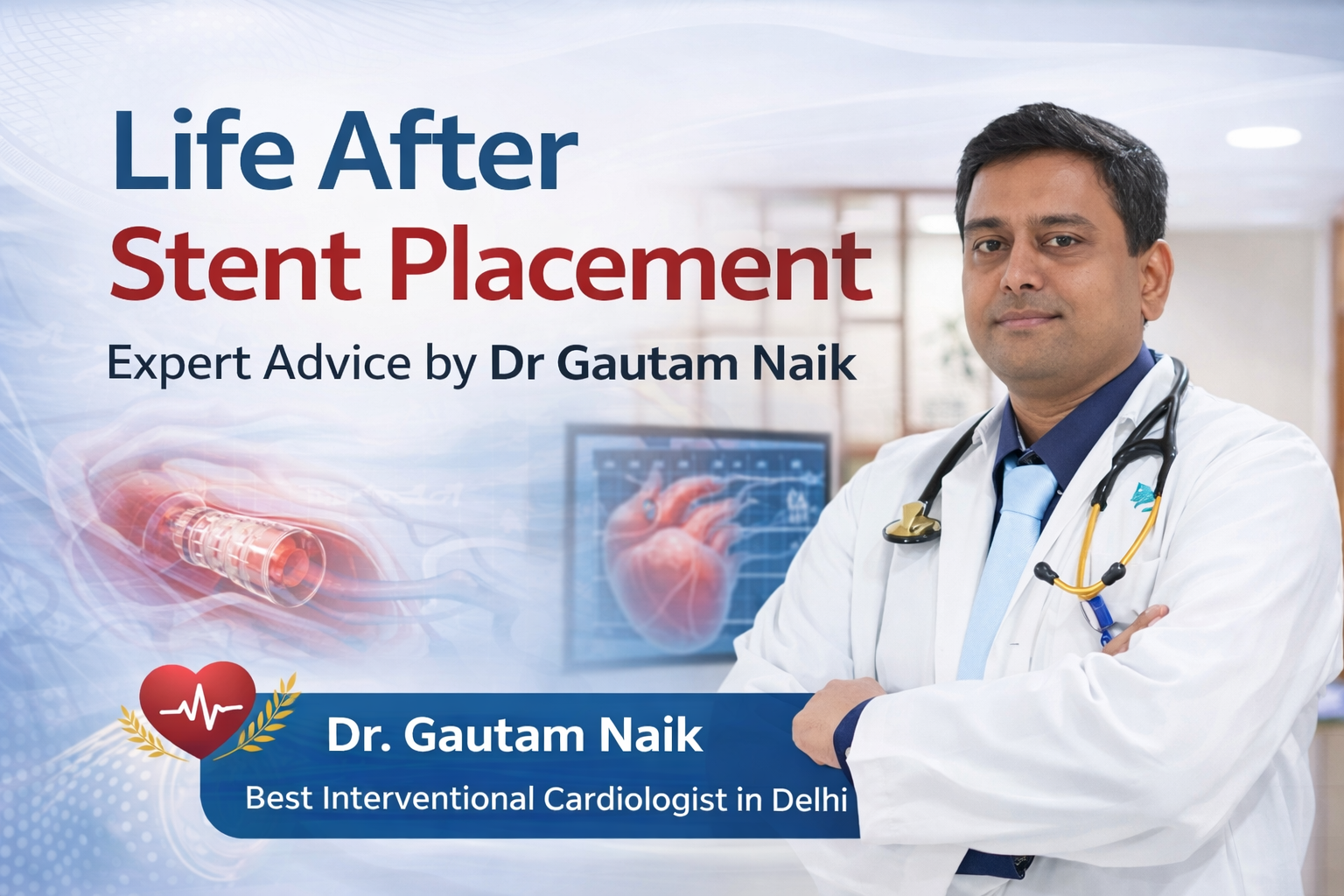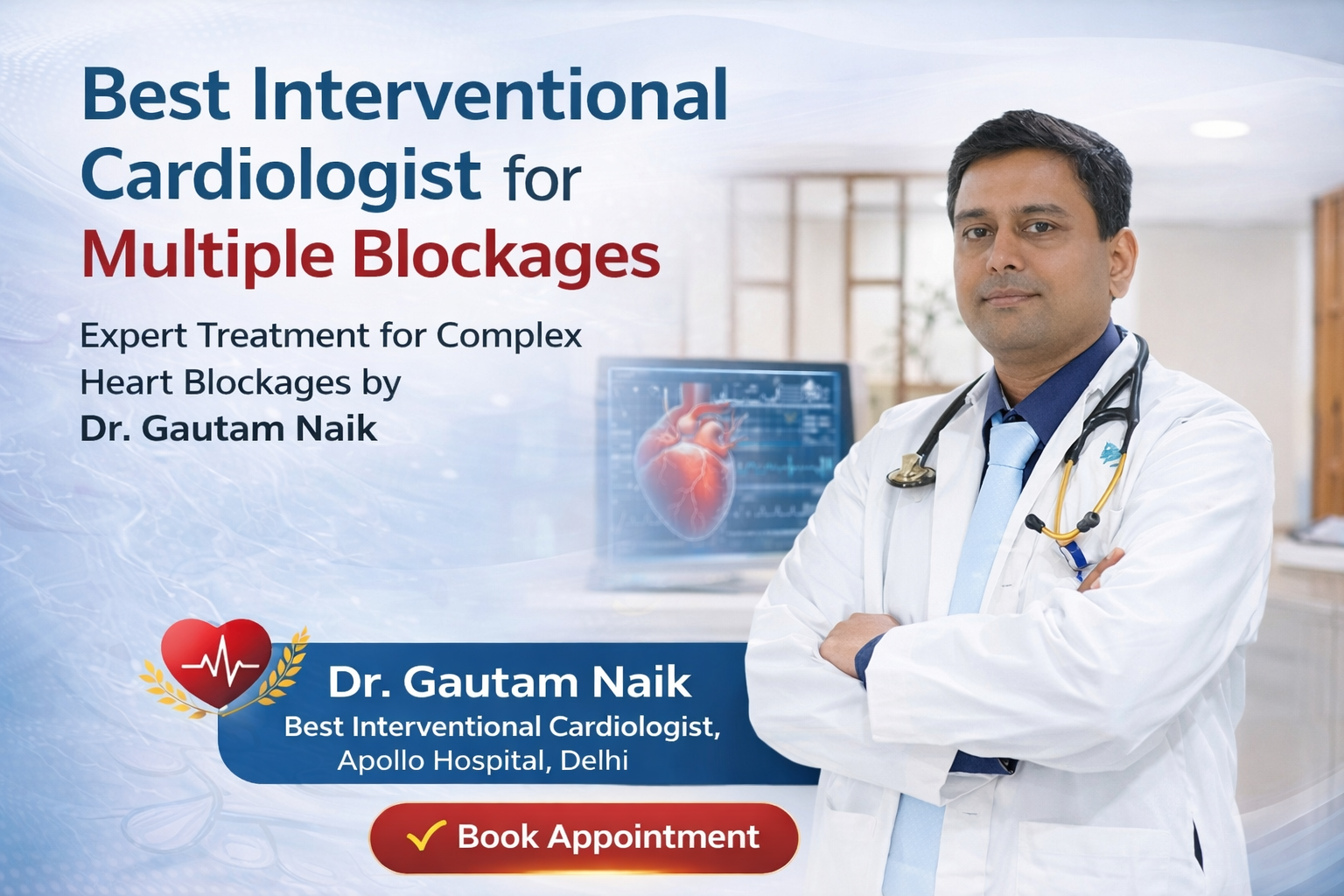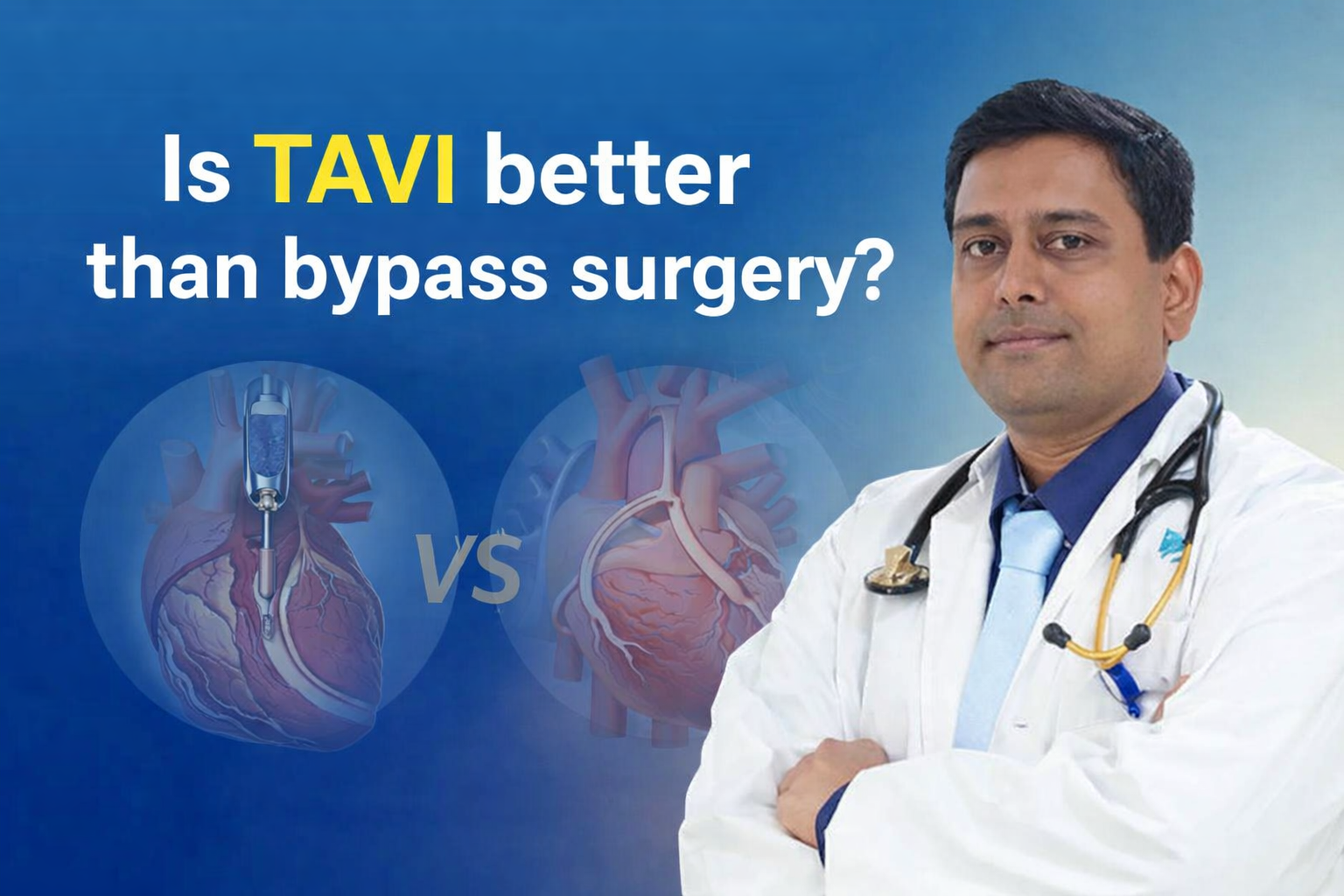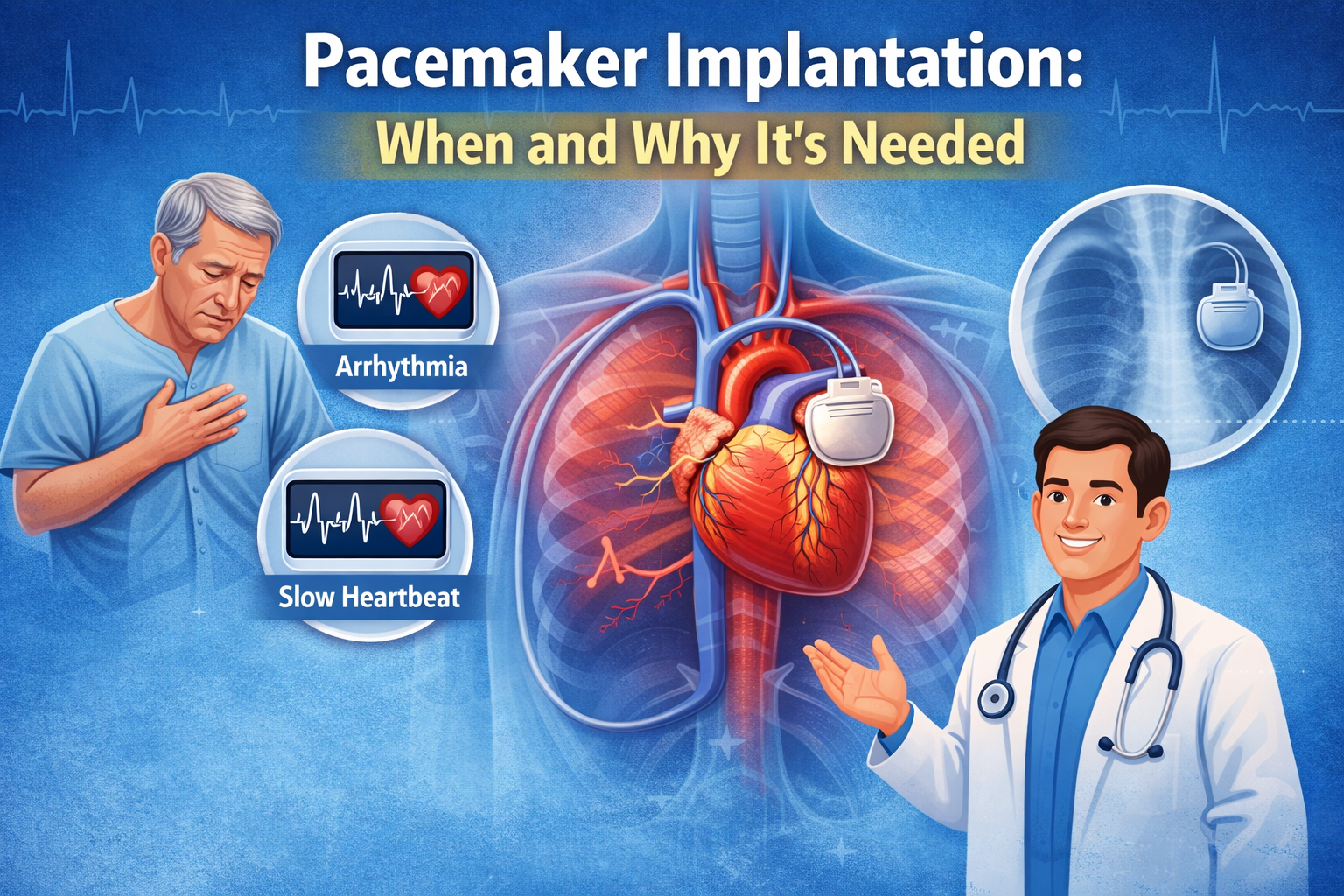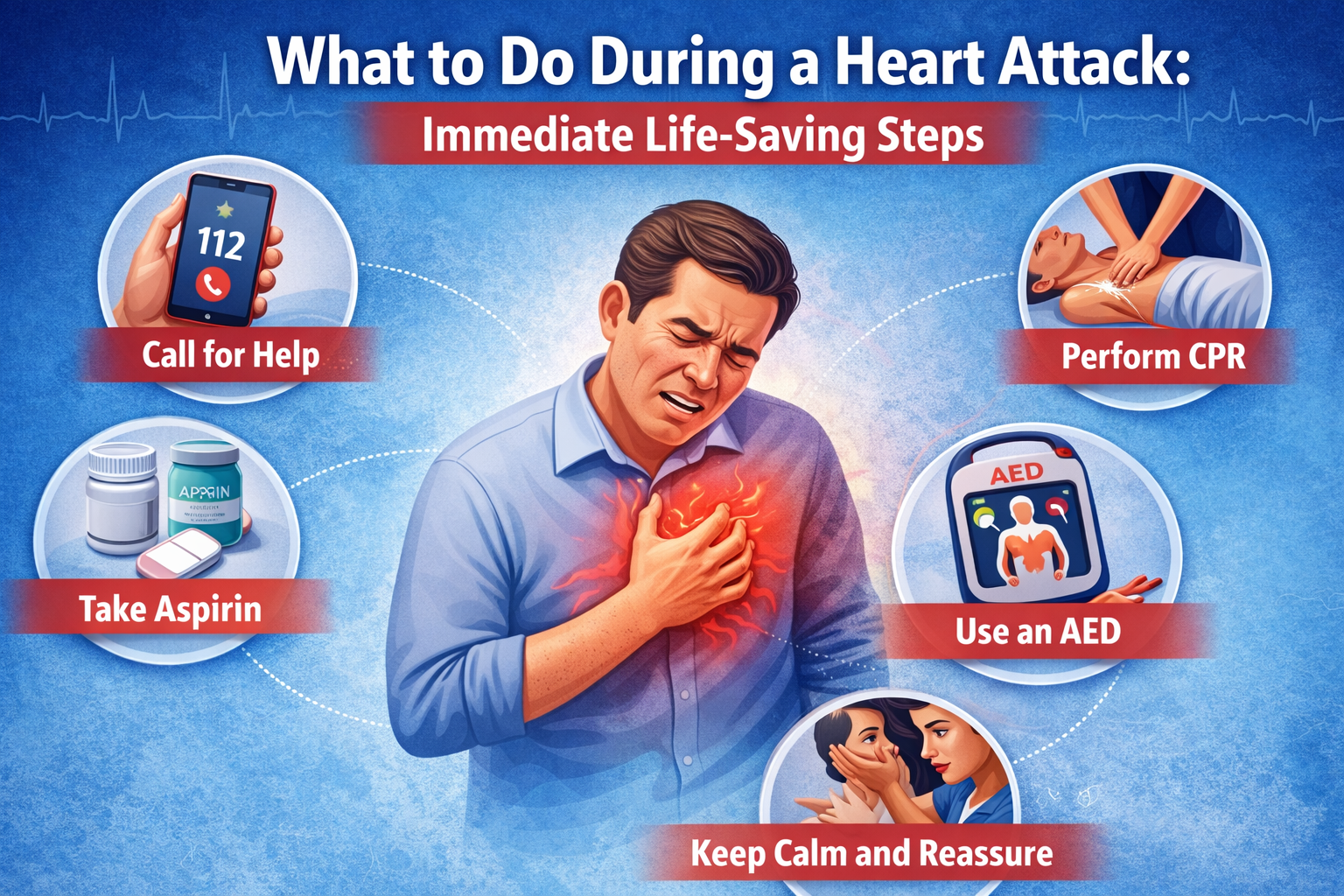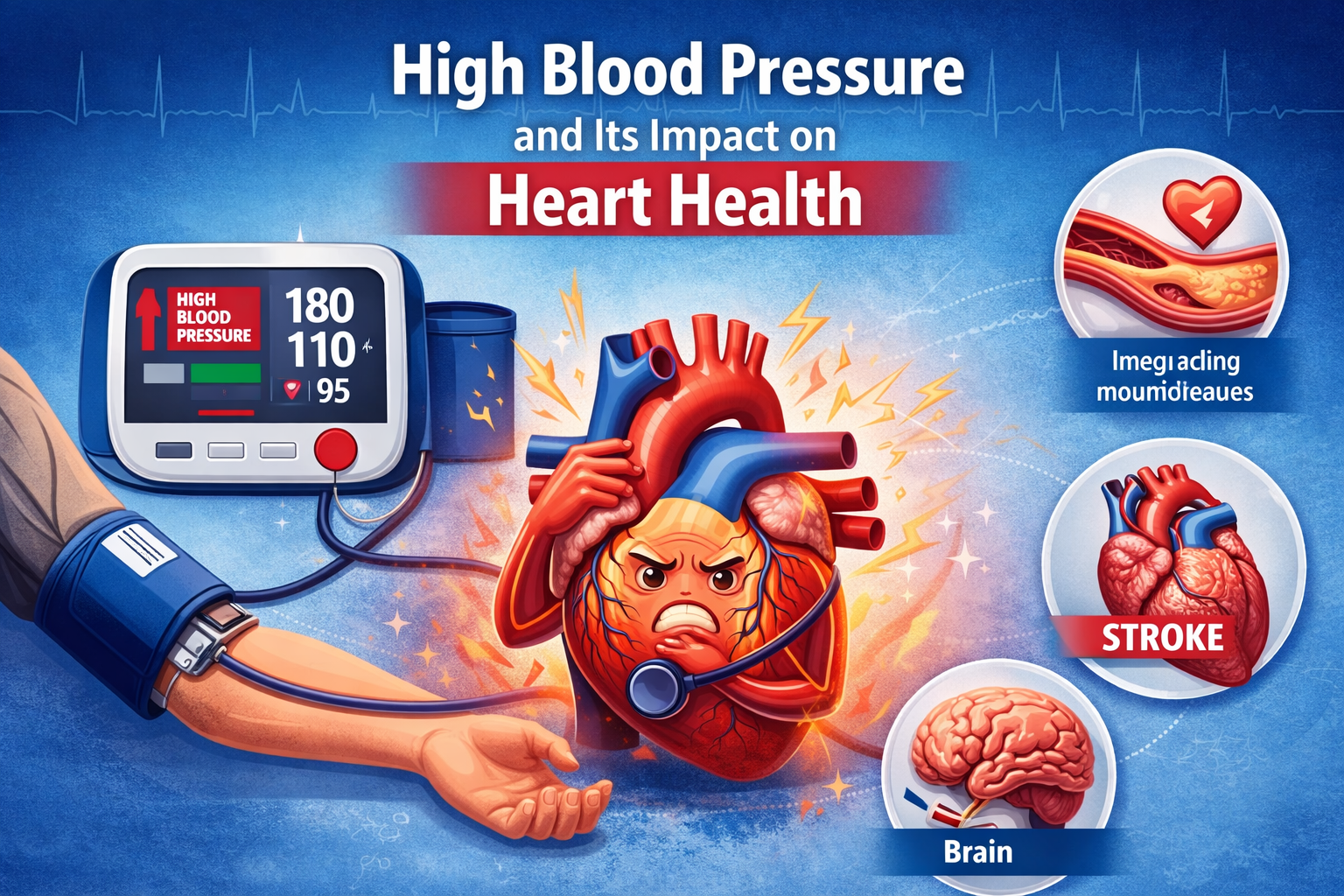
Heart surgery is a major medical procedure that requires careful preparation — not just from the patient, but also from their loved ones. Proper planning helps reduce anxiety, improve recovery outcomes, and ensure a smooth hospital experience. Whether it’s bypass surgery, valve replacement, or an advanced cardiac procedure, understanding what to expect and how to prepare is essential.
Under the expert guidance of Dr. Gautam Naik, the best Cardiologist at Apollo Hospital, Delhi, many patients have successfully navigated their heart surgery journeys with confidence and care. Here’s a detailed checklist to help patients and families prepare effectively.
Before anything else, have a detailed discussion with your cardiologist and surgeon about:
👉 Tip: Carry a notebook or use your phone to jot down all medical advice, medication details, and post-operative instructions.
Before the surgery, your doctor will recommend several tests to assess your heart and overall health. These may include:
Under Dr. Gautam Naik’s expert supervision, these diagnostic steps are carried out with precision, ensuring every detail is thoroughly evaluated before surgery.
Discuss all your medications with your doctor at least a week before surgery. Some medicines like blood thinners or diabetes drugs may need to be stopped or adjusted.
Key instructions may include:
Heart surgery can bring emotional stress. It’s normal to feel anxious or scared.
Here are some ways to cope:
Dr. Gautam Naik and his team at Apollo Hospital, Delhi, focus on patient-centric care — providing both medical and emotional support to ensure comfort before, during, and after the procedure.
Make sure you’re ready before you leave for the hospital. Here’s what to pack:
The family’s role is vital in a successful heart surgery recovery. Here’s how they can help:
Families under Dr. Gautam Naik’s care often highlight how his compassionate approach keeps everyone informed and confident throughout the process.
After surgery, patients are usually moved to the ICU (Intensive Care Unit) for close monitoring. During this time:
Once stabilized, the patient moves to a recovery ward where gentle mobility and breathing exercises begin under the guidance of physiotherapists and cardiac specialists.
Before discharge, your medical team will provide clear instructions on:
Dr. Gautam Naik, known for his patient-focused recovery programs, ensures that every individual receives a customized post-surgery rehabilitation plan for faster and safer recovery.
Recovering from heart surgery also means adopting heart-friendly habits:
Long-term commitment to these lifestyle changes can significantly improve your heart health and reduce the risk of future complications.
Call your cardiologist immediately if you notice:
Prompt communication can prevent complications and ensure timely medical care.
Dr. Gautam Naik is widely recognized as one of the best cardiologists at Apollo Hospital, Delhi, with extensive expertise in interventional and preventive cardiology. He is renowned for his precision in diagnosis, compassionate patient care, and exceptional surgical outcomes.
Patients appreciate his comprehensive pre-surgery counseling, advanced cardiac interventions, and post-surgery rehabilitation support, making him a trusted name in cardiac care across Delhi NCR.
Heart surgery can be life-changing — but with the right preparation, medical team, and mindset, it becomes a journey of healing and renewal.
By following this comprehensive checklist and consulting an expert like Dr. Gautam Naik, you ensure that every step, from pre-surgery to full recovery, is managed with excellence and care.
